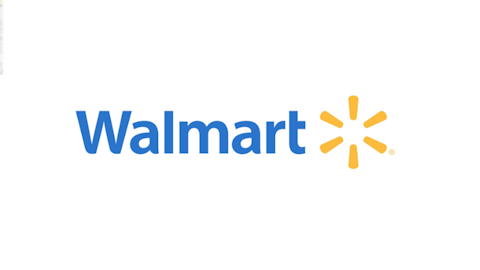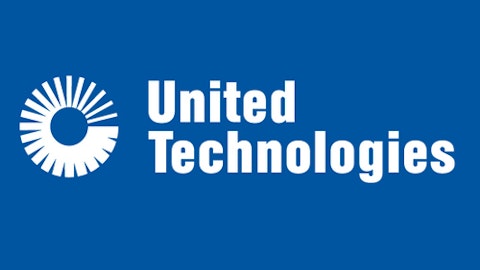In the aftermath of the financial crisis, JPMorgan Chase & Co. (NYSE:JPM) was viewed as a trustworthy bastion among bankers — an industry in which hardly a leader’s reputation had remained unscathed. CEO and Chairman Jamie Dimon’s stellar reputation set his firm apart. Even the most vociferous critics of financial companies exhibited great respect for Dimon.
How times have changed.

Shareholders made a big mistake
At JPMorgan Chase & Co. (NYSE:JPM)’s annual meeting last spring, shareholders voted in favor of Dimon retaining his chairman title in a high-profile and controversial shareholder vote.
Given continued evidence that JPMorgan Chase & Co. (NYSE:JPM) under Dimon wasn’t the ironclad financial firm many thought it was, the fact that shareholders would defend his continued chairman title was hardly a foregone conclusion. That made it all the more shocking when shareholders voted for his continued dual role.
The London Whale controversy had already placed a smear on the company’s reputation, and it certainly didn’t reflect well on Dimon’s leadership. Still, Dimon obviously had enough admiration to receive a serious pass from the company’s shareholders.
Flash forward just a few months, though, and we can surmise that such trusting — possibly even adoring — shareholders made a big mistake by not delivering even that minor slap on the wrist. Not only was JPMorgan not the gold standard financial firm so many thought it was, the distinct impression now is that it’s far more tarnished than anyone realized.
JPMorgan is subject to more than a dozen investigations right now. Will that number stop growing?
Corruption’s big costs to big companies
For some companies, bribery may be viewed as a cost of doing business in other countries — as long as they don’t get caught, of course. If they are, they’re subject to the Foreign Corrupt Practices Act, or FCPA, through which the United States seeks to smack some big wrists. Other governments may get in on the possibility of disciplinary action, too.
JPMorgan Chase & Co. (NYSE:JPM) is currently on the list of companies that are being targeted regarding international corruption. This week, we learned that the Securities & Exchange Commission is examining whether JPMorgan Chase & Co. (NYSE:JPM)’s hiring the progeny of politicians in its Chinese business could constitute bribery.
Apparently, this will be difficult to prove. However, knowing how things sometimes work in the Chinese market — connection-type corruption in that marketplace is probably the rule more than the exception — the big question is a legitimate one: Could these highly connected employees have helped the firm get special status to work with state-owned businesses?
Granted, JPMorgan Chase & Co. (NYSE:JPM) isn’t the only company that may have run afoul of regulators and the FCPA in international markets. According to the The FCPA Blog, as of June 30, a rather sobering 91 major companies are involved in continued, unresolved investigations. Many household names are on this list. For example, so much for the Magic Kingdom and squeaky clean — even Walt Disney is on the list.
Wal-Mart Stores, Inc. (NYSE:WMT)‘s a no-brainer for financial news junkies; recall its highly publicized troubles concerning international bribery allegations. Although investigations first centered on Mexico, Wal-Mart Stores, Inc. (NYSE:WMT) was also accused of having utilized such practices in China, India, and Brazil as the situation unfolded.
Many factors are dogging Wal-Mart Stores, Inc. (NYSE:WMT) these days, as evidenced by its latest quarterly results. However, beyond ramifications on the consumer spending side, it’s also still throwing money at the FCPA situation. So far this year, the megaretailer has spent $155 million on the issue, and its compliance costs for the remainder of the year is expected to exceed original estimates, at $75 million to $80 million.




